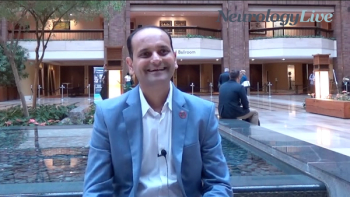
The senior vice president of research at The ALS Association talked about the complexities of ALS and the importance of collaboration in research at the 2023 MDA conference. [WATCH TIME: 5 minutes]

The senior vice president of research at The ALS Association talked about the complexities of ALS and the importance of collaboration in research at the 2023 MDA conference. [WATCH TIME: 5 minutes]

The director of the Comprehensive Epilepsy Center at NYU Langone provided perspective on the advantages modified Atkins diets bring to patients with epilepsy and those considering epilepsy surgery.

In a phase 3 study, extended-release sodium oxybate demonstrated statistically significant and clinically meaningful results in excessive daytime sleepiness, clinician’s assessment of patient’s functioning, and reduction in cataplexy attacks.

Disease activity, severity, or effect of treatment in patients with NMOSD may be predicted by aminoacyl-tRNA synthetase-interacting multifunctional protein-1.
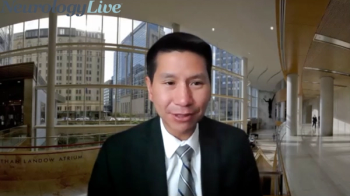
The neuroophthalmologist at mayo clinic provided context on the importance of raising awareness for NMOSD and the signs that precede clinical events. [WATCH TIME: 3 minutes]

An evaluation on the long-term treatment profile of sodium oxybate on pediatrics with narcolepsy revealed a safety profile similar to previous adult studies and identified no unexpected safety concerns.
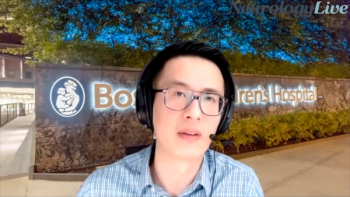
The assistant professor of pediatrics at Harvard Medical School provided perspective on the care needs of adolescents and young adults with narcolepsy, and the importance of early detection of lingering issues. [WATCH TIME: 3 minutes]

Elaine Kingwell, PhD, senior research associate at University College London provided perspective on a study presented at the 2023 ACTRIMS Forum on HIV and multiple sclerosis.
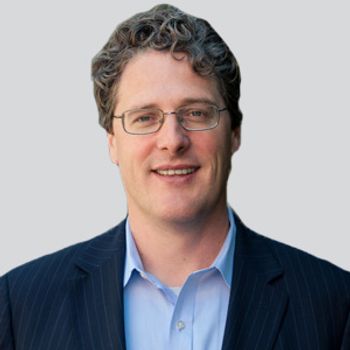
Time to milestones such as invasive and noninvasive ventilation, speech-generating devices, and hospice care took significantly longer while on intravenous edaravone.
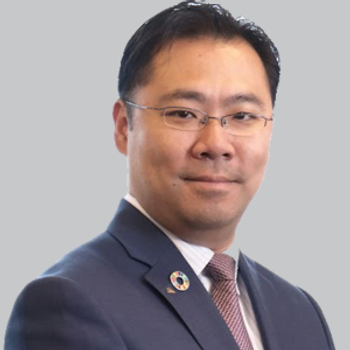
At the willingness to pay threshold of $200,000 per QALY gained, the estimated annual value for lecanemab was $35,678 and $37,351 from the payer and societal perspectives, respectively.
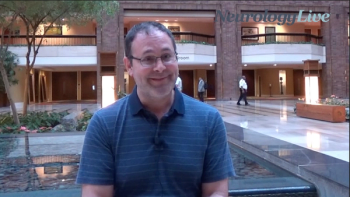
The research associate professor in the department of physical therapy at the University of Florida talked about physical therapy inventions for neuromuscular diseases at the 2023 MDA conference. [WATCH TIME: 4 minutes]
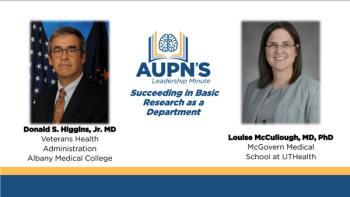
Episode 32 of the AUPN Leadership Minute features Donald S. Higgins, Jr., MD, of the VHA and Albany Medical College; and Louise McCullough, MD, PhD, of the McGovern Medical School of UTHealth. [WATCH TIME: 5 minutes]

Here's some of what is coming soon to NeurologyLive® this week.
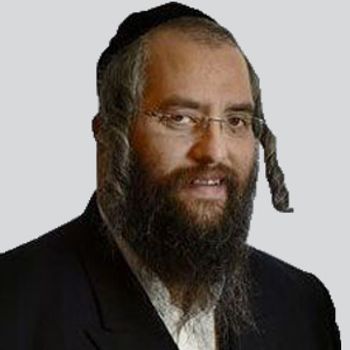
NurOwn, an autologous mesenchymal stromal cell approach for ALS, failed to meet its primary end point in a pivotal phase 3 trial, but showed promising results on less severe forms of the disease in subsequent analyses.
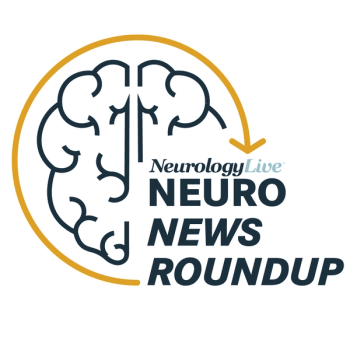
In honor of Purple Day, held on March 26, 2023, get caught up on some of the latest news in epilepsy as the NeurologyLive® team shares some of our data updates.
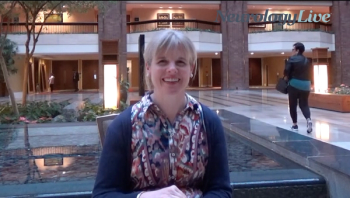
The child neurologist at the University of Colorado School of Medicine talked about her presentation on end of life care for patients with neuromuscular diseases at the 2023 MDA conference. [WATCH TIME: 5 minutes]

Test your neurology knowledge with NeurologyLive®'s weekly quiz series, featuring questions on a variety of clinical and historical neurology topics. This week's topic is the history of the Muscular Dystrophy Association (MDA).

Over a 12-week treatment period, patients with Parkinson disease on light therapy demonstrated statistically significant improvements of 58% and 40% in lower and upper limb coordination and movement.
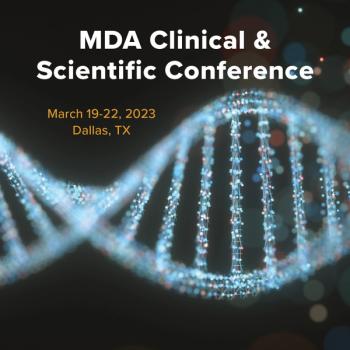
As a recap from MDA 2023, get caught up on some of the latest news in neuromuscular diseases as the NeurologyLive® team shares some of our data updates.
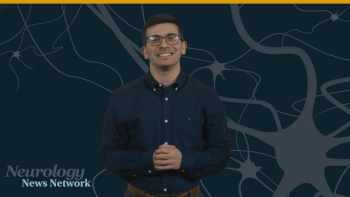
Neurology News Network for the week ending March 25, 2023. [WATCH TIME: 3 minutes]
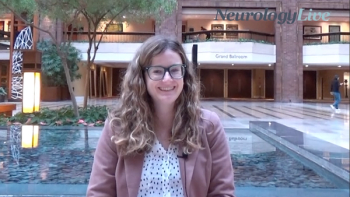
At the 2023 MDA Conference, a neurology nurse practitioner in the Neuromuscular Division at Washington University in St. Louis talked about adverse event management of gene therapies in Duchenne muscular dystrophy. [WATCH TIME: 2 minutes]

Take 5 minutes to catch up on NeurologyLive®'s highlights from the week ending March 24, 2023.
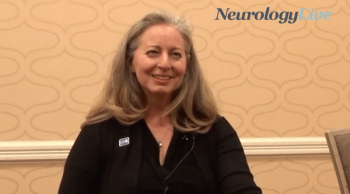
At the 2023 MDA Conference, the executive vice president and chief research officer of MDA talked about a new program from the MDA to tackle ultra-rare neuromuscular diseases. [WATCH TIME: 5 minutes]

Results of solriamfetol were similar when outcomes were examined in subgroups of concomitant antidepressant use, regardless of depression history, indicating that antidepressants did not affect the efficacy of the drug.
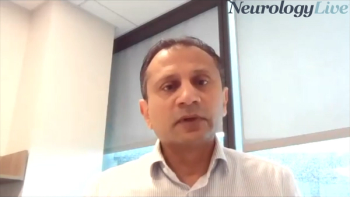
The vice president of Health Economic and Outcomes Research at Acadia Pharmaceuticals provided perspective on the negative effects seen from quetiapine and how the knowledge of pimavanserin has improved since approval. [WATCH TIME: 5 minutes]

Mind Moments®, a podcast from NeurologyLive®, brings you an exclusive interview with Eric Zhou. [LISTEN TIME: 14 minutes]
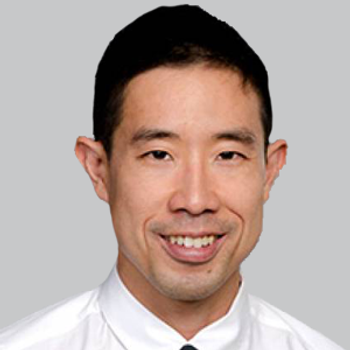
Durability of treatment response on reachable workspace was observed among those who continued losmapimod throughout the 96-week period and those who switched from placebo.
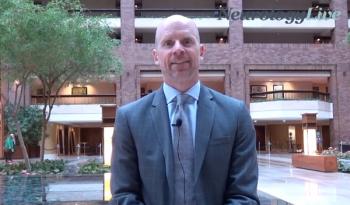
The associate professor of pediatrics at the University of Colorado School of Medicine talked at the 2023 MDA Conference about how digestive health impacts patients with Duchene Muscular Dystrophy. [WATCH TIME: 4 minutes]

In participants who received placebo during the parent studies, rapid improvements were observed as early as week 1 after switching to zilucoplan, and continued through week 12 of the extension period.
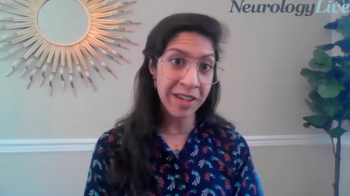
The palliative care physician and assistant professor of medicine at Johns Hopkins Bayview Medical Center discussed the types of resources clinicians can pull from to expand neuropalliative care for patients with neuromuscular disorders. [WATCH TIME: 3 minutes]